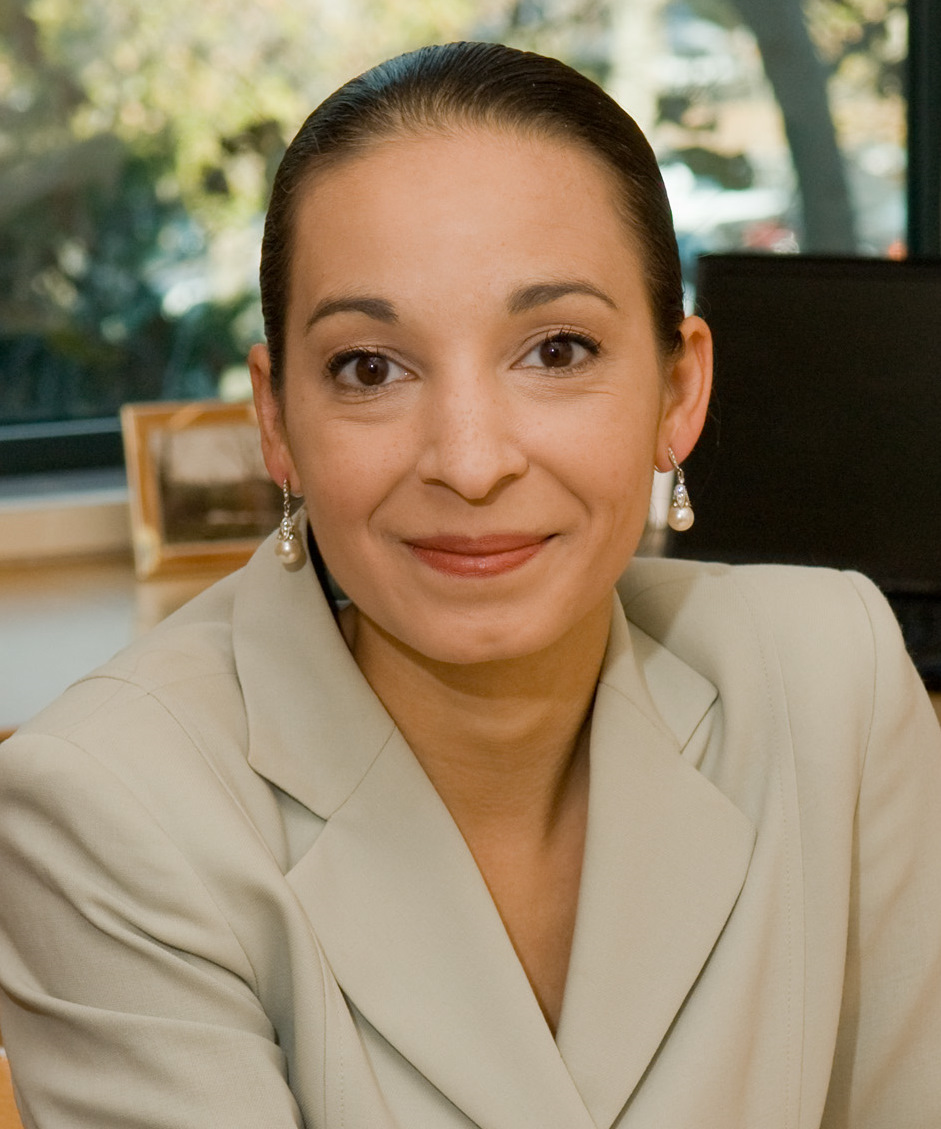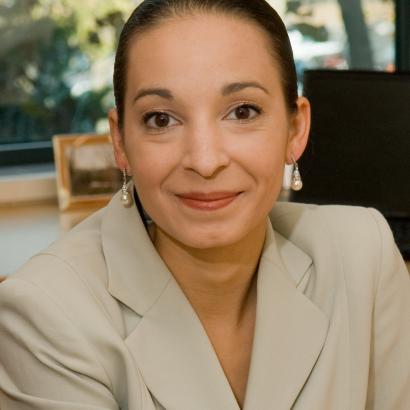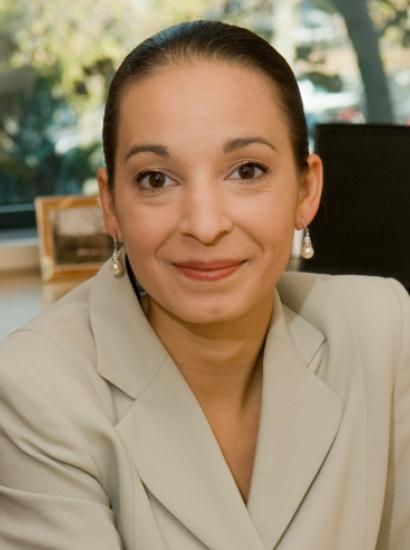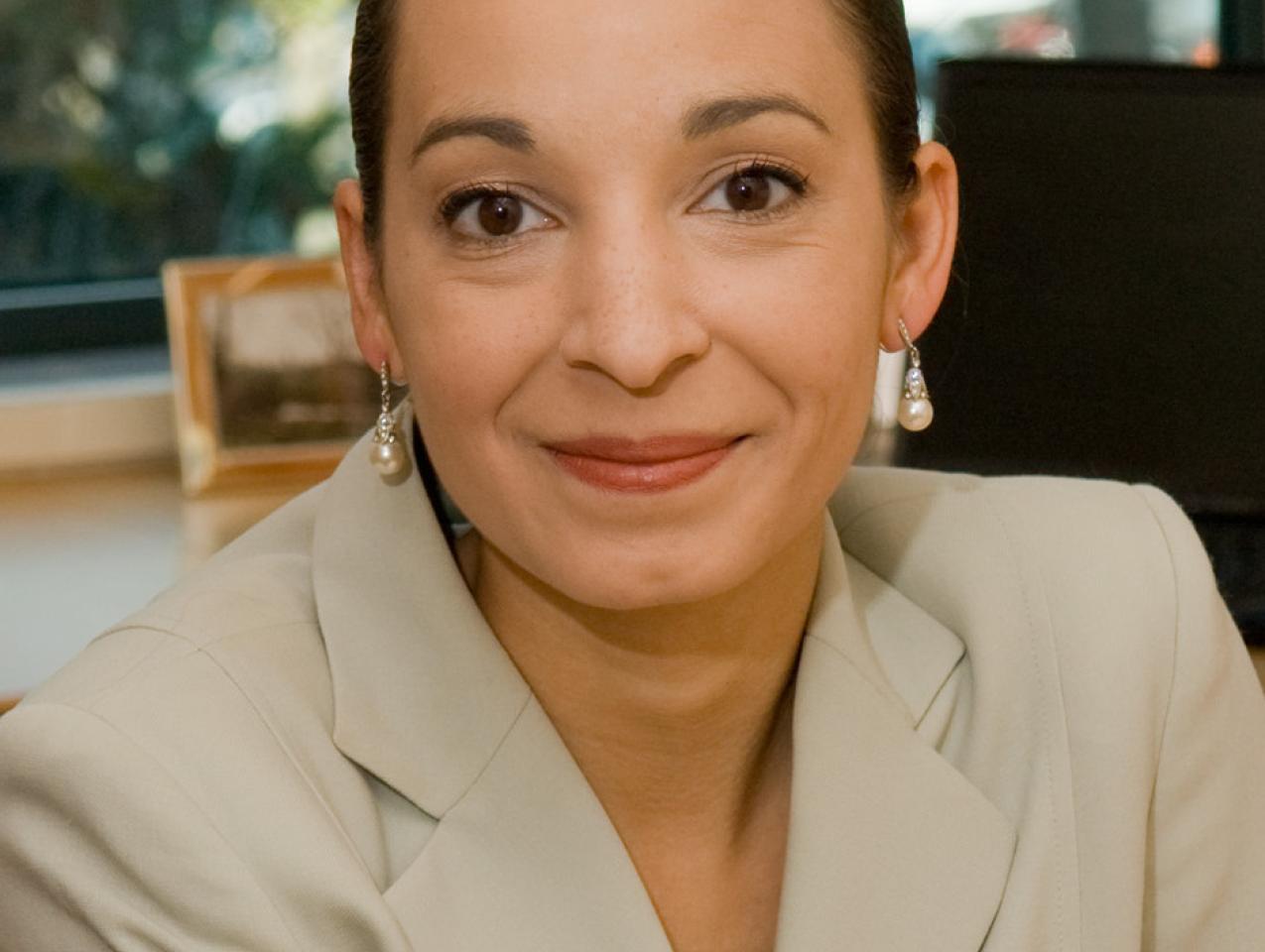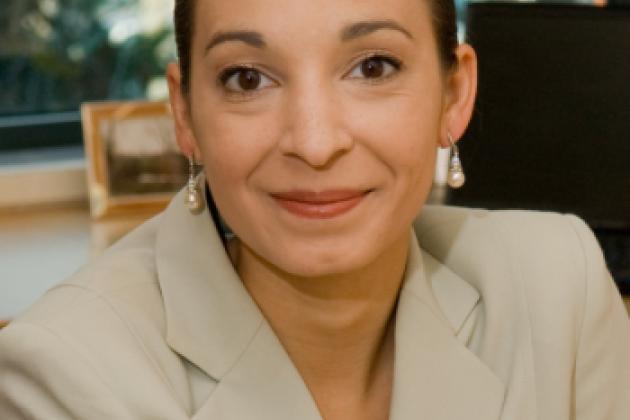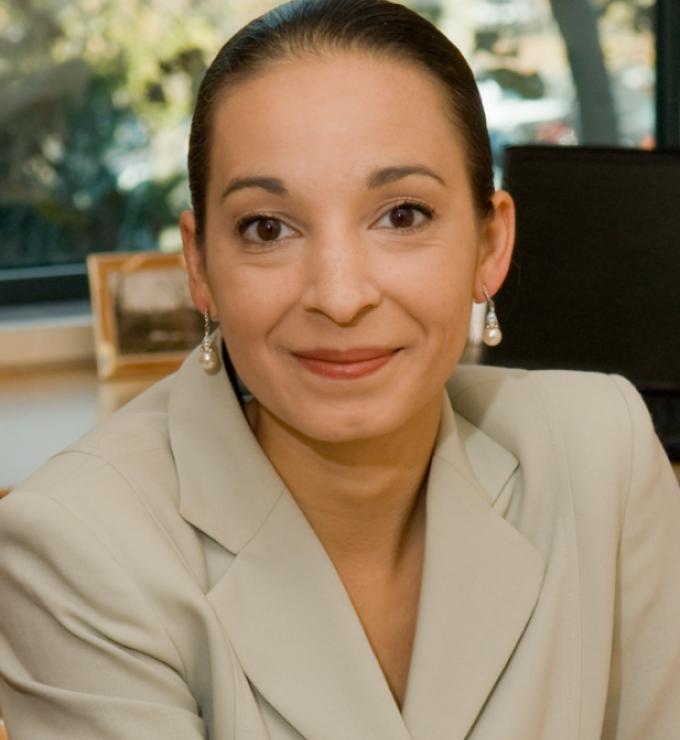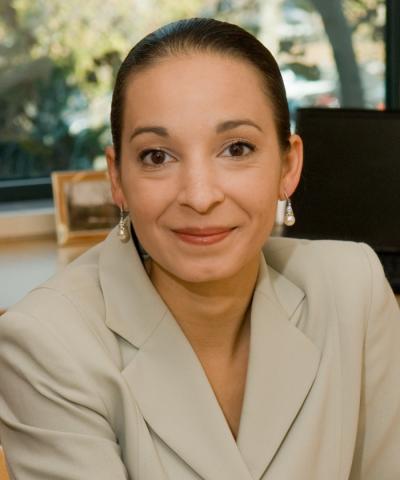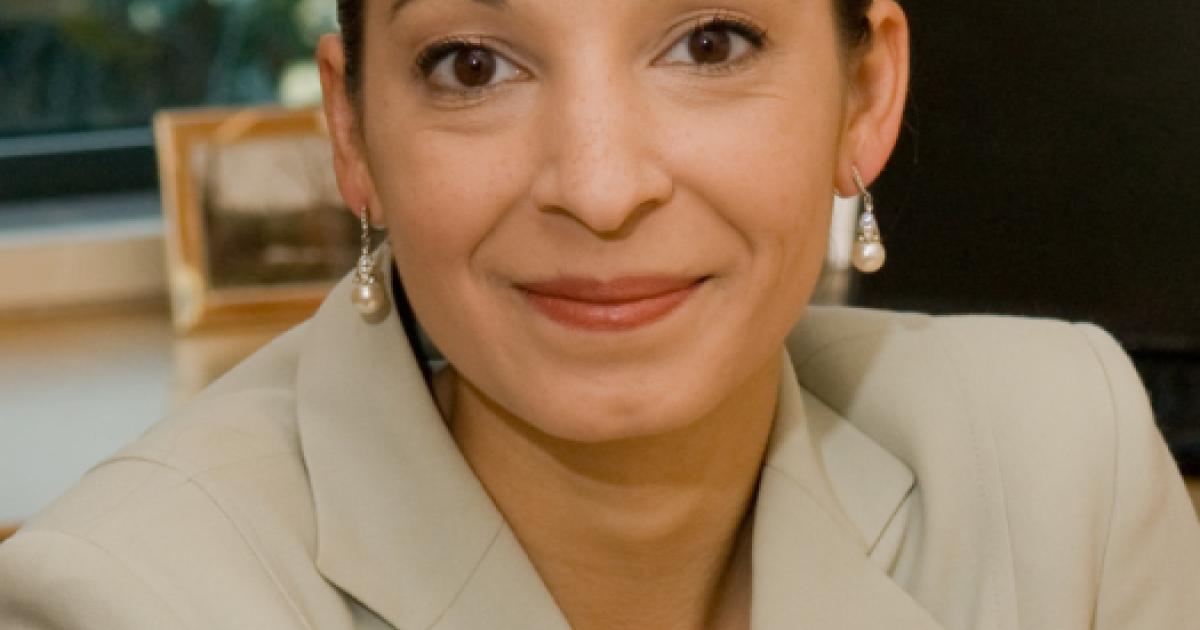
On October 10, 2013, Caroline Hoxby was featured on Master Class, a program produced by NBC News’s Education Nation, in a lecture entitled “Opportunity, Meritocracy, and Access to Higher Education.” In that lecture Hoxby discussed her recent research, which shows that most high-achieving, low-income students apply to nonselective institutions rather than institutions in which their achievement would match that of their peers, and presented possible solutions that could help these students reach their full potential.
In her research, Hoxby analyzed student in the high school graduating class of 2008 who had taken an ACT or College Board exam. She and her colleagues found that only 34 percent of the highest-scoring seniors in the bottom quartile of income distribution attended one of the country’s 238 most selective colleges. By comparison, 78 percent of high-achieving students from the highest-income quartile attended such a school.
The data also showed that many high-achieving, low-income students choose to attend four-year institutions close to home or local community colleges, institutions that typically have fewer resources than the nation’s top colleges and, frequently, lower graduation rates. Those data are particularly striking because most elite colleges have programs to help students from low-income backgrounds enroll for little or no cost and because many of those students would likely be admitted were they to apply.
To address this admissions gap, Hoxby and the University of Virginia’s Sarah Turner initiated the Expanding College Opportunities (ECO) project, aimed at addressing information gaps that prevent high-achieving, low-income students from applying to the nation’s best colleges. The low-cost project provides information on how to apply to colleges, on financial aid and scholarships, and about colleges’ resources and matriculation rates.
The ECO project served 39,682 high-achieving, low-income students from 2010 to 2012, with the program’s intervention leading those students to change their application behaviors. In general, students in ECO applied to a greater number of colleges, including those with higher graduation rates and more instructional resources than did similar students not in the program; ECO students were also admitted to a wider range of schools.
Hoxby concluded by averring that low-income students can be high achievers and do aspire to attend the best colleges available and that now we have the opportunity to substantially improve meritocracy by overcoming surmountable barriers through programs such as ECO. The ECO project and similar programs have massive direct benefits ($16 billion per graduating class) and would likely create additional benefits as initial students “pay it forward.”
Education Nation is NBC News’s year-round initiative to engage the country in a solutions-focused conversation about the state of education in America by creating a thoughtful, well-informed dialogue with policy makers, thought leaders, educators, parents, and the public. Caroline Hoxby is a senior fellow at the Hoover Institution, a member of its Koret Task Force on K–12 Education, and the Scott & Donya Bommer Professor of Economics at Stanford University.
Click here to watch Master Class: Opportunity, Meritocracy, and Access to Higher Education.







